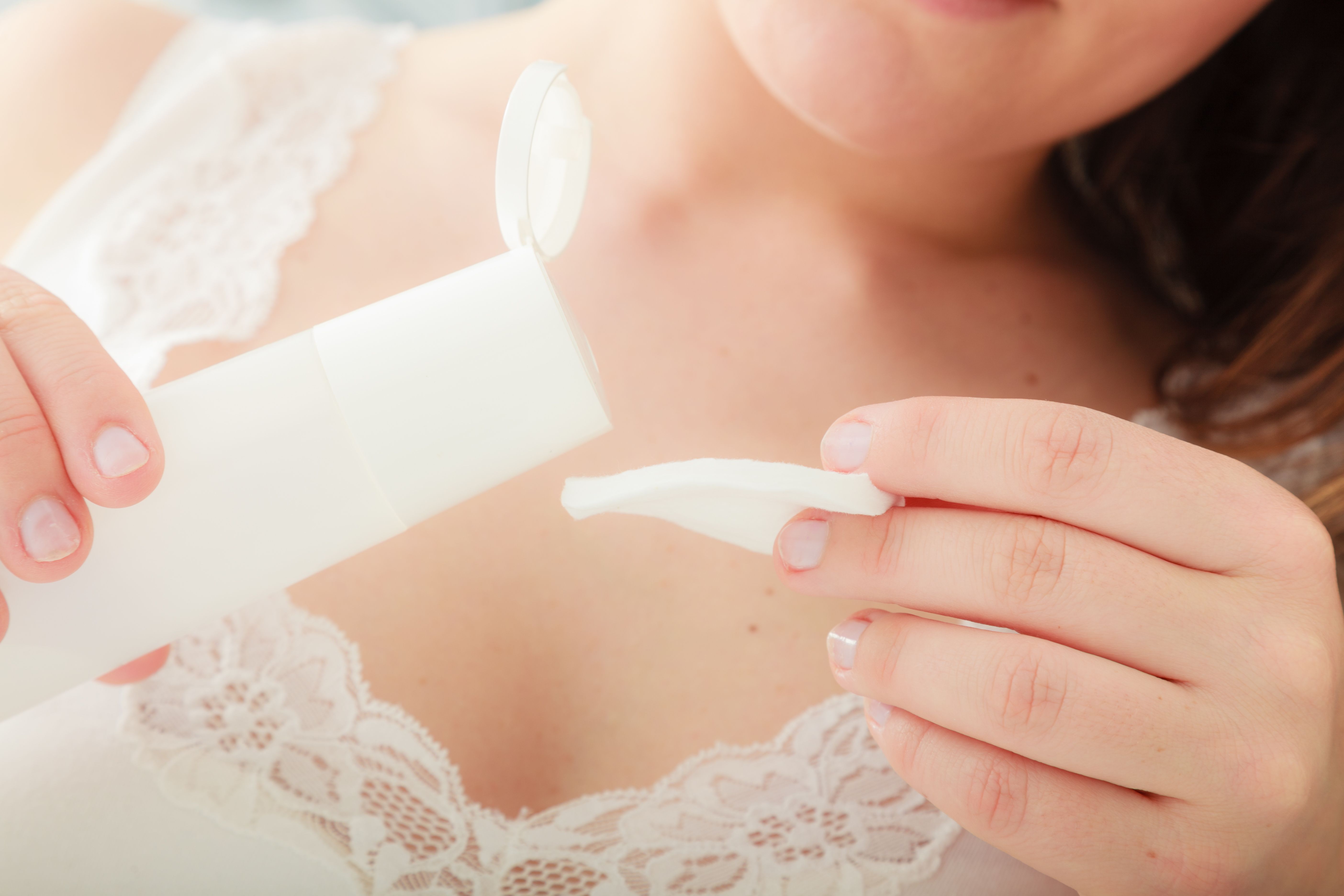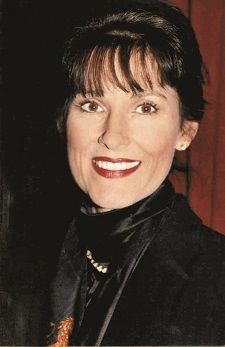- Acne
- Actinic Keratosis
- Aesthetics
- Alopecia
- Atopic Dermatitis
- Buy-and-Bill
- COVID-19
- Case-Based Roundtable
- Chronic Hand Eczema
- Chronic Spontaneous Urticaria
- Drug Watch
- Eczema
- General Dermatology
- Hidradenitis Suppurativa
- Melasma
- NP and PA
- Pediatric Dermatology
- Pigmentary Disorders
- Practice Management
- Precision Medicine and Biologics
- Prurigo Nodularis
- Psoriasis
- Psoriatic Arthritis
- Rare Disease
- Rosacea
- Skin Cancer
- Vitiligo
- Wound Care
Article
What is micellar water?
Author(s):
Many new products for cleansing have entered the cosmetic market, but the most innovative product is micellar water, says Dr. Zoe Diana Draelos in her monthly Dermatology Times column, "Cosmetic Conundrums."
Many new products for cleansing have entered the cosmetic market, but the most innovative product is micellar water, says Dr. Zoe Diana Draelos in her monthly Dermatology Times column, "Cosmetic Conundrums." (Voyagerix - stock.adobe.com)

Dr. Zoe Diana Draelos

Q. What is micellar water?
Many new products for cleansing have entered the cosmetic market, but the most innovative product is micellar water. Micellar water cleansers are made mostly of water, offering a very high profit margin for manufacturers. In addition, micellar water contains a very mild dilute surfactant in solution. A micelle is a molecular cluster with a hydrophilic and a hydrophobic end, in this case dissolved in a water solution. The hydrophobic end attaches to the skin soils, dissolving the soil in water through the hydrophilic end, and allowing water rinsing to cleanse the face.
The most popular surfactants used are cationic quaternary ammonium compounds, such as cerimonium bromide. Quaternary surfactants, also known as “quats,” produce mild cleansing and have been adapted from the hair conditioner industry where they function to allow excess conditioner to rinse down the drain preventing the hair from appearing greasy. In addition, they may contain Polysorbate 20, a non-foaming cleanser, and disodium cocoamphodiacetate, an amphoteric surfactant found in baby shampoo. The dilute cleansing solution is stroked on the face with a cotton pad, rubbed to remove skin soils, and rinsed with water. Micellar water can be formulated to remove water-soluble or waterproof facial and eye cosmetics. Micellar water is also an excellent non-drying cleanser for sensitive mature skin.
Newsletter
Like what you’re reading? Subscribe to Dermatology Times for weekly updates on therapies, innovations, and real-world practice tips.














